
Boeing’s U.S. Factory Worker Strike Continues After Proposal Rejection
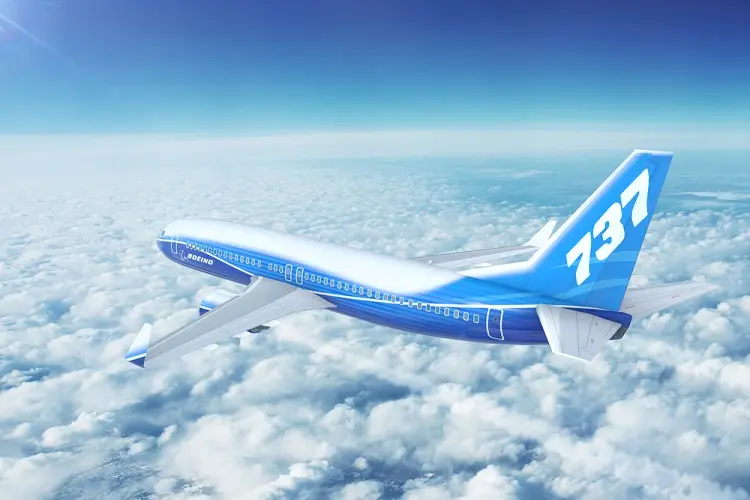
Factory workers have rejected Boeing’s newest contract offer, continuing the strike that began in September. Boeing’s president and CEO Kelly Ortberg shared a message on October 23, 2024 prior to the third quarter results meeting, noting that he is “committed to resetting the relationship” with the union and finding a solution.
On September 13, more than 30,000 Boeing workers in Seattle and Portland rejected the company’s offer of a 25% pay increase and promptly went on strike until Boeing offered something closer to the requested 40%. Experts say that a prolonged strike could cost Boeing up to $3.5 billion in cash flow, and delay the delivery of aircraft to airlines like Southwest and United.
Another Rejected Contract Proposal
In efforts to come to an agreement and end the strike, Boeing’s most recent contract proposal was for a 35% pay increase over four years. This was notably higher than the company’s initial offer of a 25% contracted increase to the workers, but not yet the number that the union has asked.
Over 64% of the workers voted against it. This is a decrease in the 94.6% of the 30,000-plus employees who voted against the original offer. Aside from pay increases, the union has also asked Boeing to unfreeze workers’ pensions, which happened around 10 years ago in order to prevent financial problems for the company long-term.
Boeing Worker Strike
The ongoing strike has happened for several reasons, the main one being a decade with no significant pay rises. Workers have been gathering at Boeing’s factories to protest the insufficient pay rise and have made it clear that they will stay on strike until their demands are met.
The workers halted production of Boeing’s 737 series at a truly inconvenient time for the company which has been trying to ramp up production and assembly lines. Striking employees still receive $250 a week from the union, which some have stated is enough to tide them over for a few weeks—time that Boeing does not have.
Further Negotiations
Evidently, both Boeing and the union were not expecting the mass outrage, and are still facing the consequences. There have been several rounds of negotiations, and further talks have started back up as of Tuesday, October 29.
In addition to the workers, union leaders, like Jon Holden, also expressed support for the strike and said that it is about securing the future of Boeing’s workforce and, therefore, in their best interests. As well as strikes, company executives are also worried about departures; the sector is in general need of workers and engineers.
Strike Impact
Boeing has been going through a lot lately. The company is dealing with a large debt of $60 billion and production delays on its 737 MAX jet. The strike has already caused a 3.7% drop in the company’s stock, and it’s down 42% overall in 2024.
The longer the strike goes on, the more financial losses Boeing will face and maybe even a downgrade to its already dire credit rating. It goes without saying that Boeing can’t really afford to waste much more time responding to the workers’ requests.
Strike Trends in Industry
Boeing, and the aerospace industry in general, aren’t the only ones seeing similar demands from workers; automotive and delivery services employees are also requesting higher wages. They also have the upper hand due to a currently tight labor market.
President Biden’s administration has urged both sides to negotiate in good faith to rectify this as soon as possible. Since the company was founded in 1930, there have been several strikes; this latest one makes it eight in total.
Image Credit: Shutterstock/NextNewMedia



.jpg)


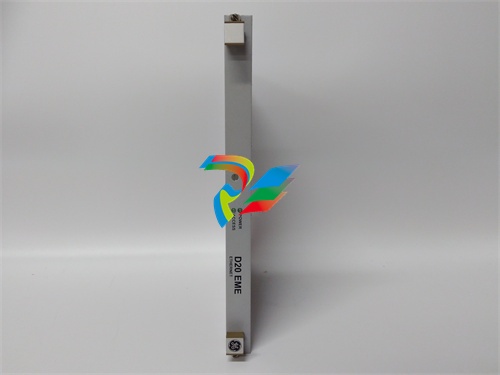


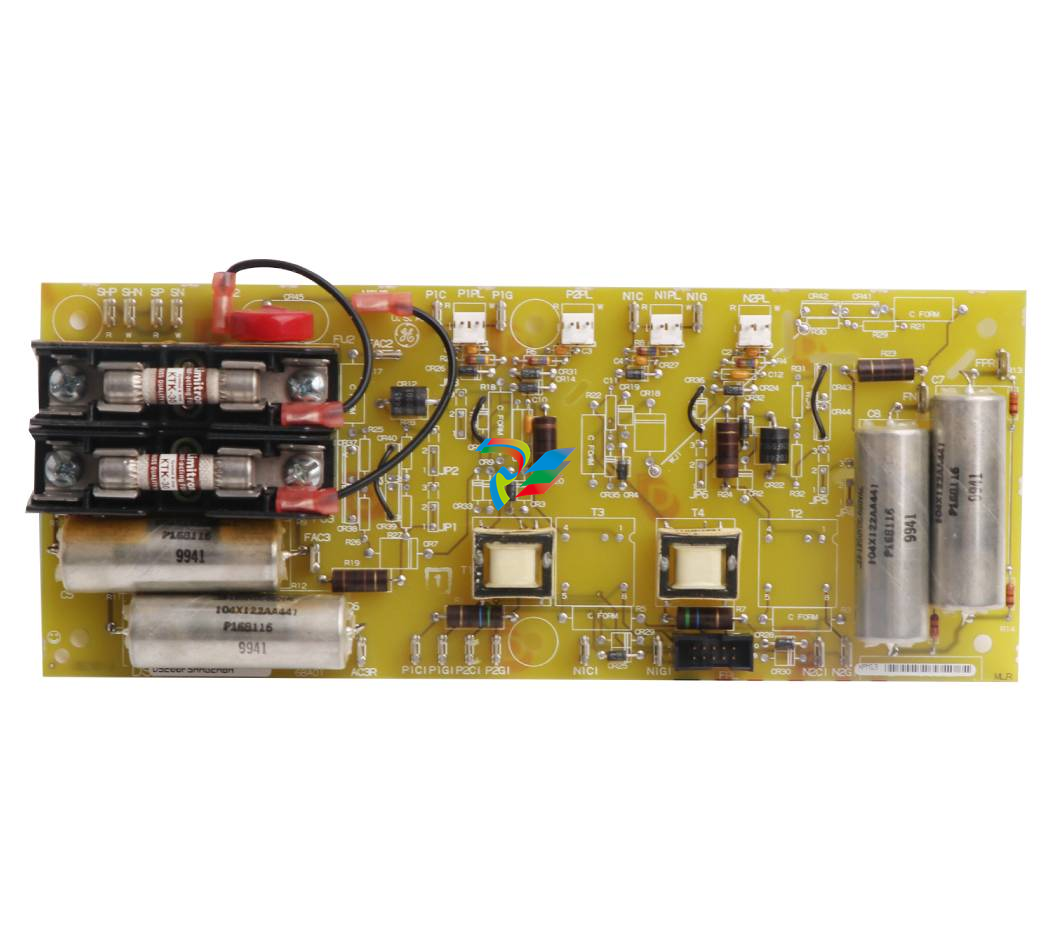



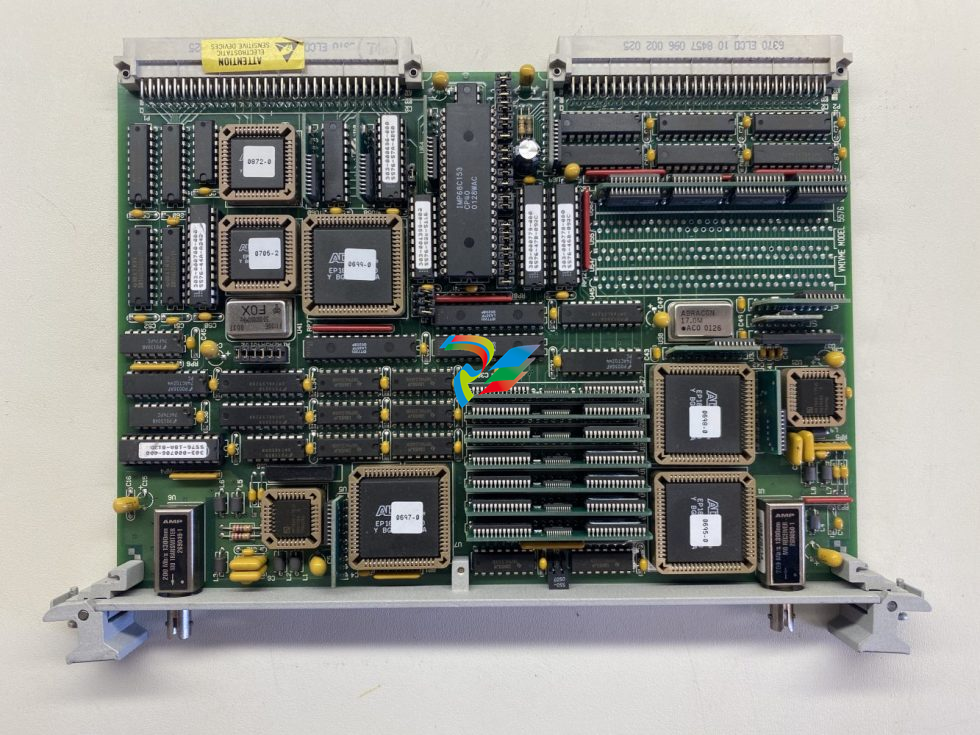






































.jpg)
.jpg)





.jpg)



.png)
.jpg)

.jpg)
_lVjBYb.jpg)

.jpg)
.jpg)



.jpg)
.jpg)







.jpg)

.jpg)
.jpg)


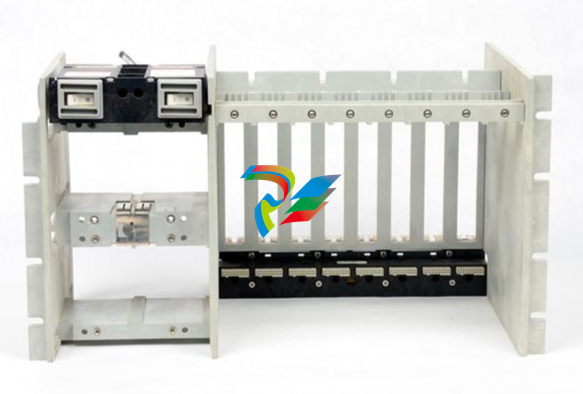



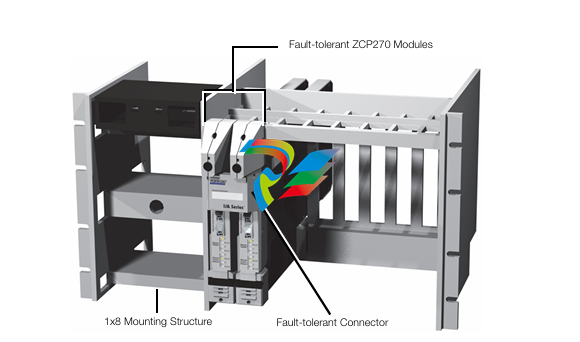




.jpg)




.jpg)
.jpg)
.jpg)
.jpg)
.jpg)
.jpg)

.jpg)

.jpg)
.jpg)
.jpg)








